
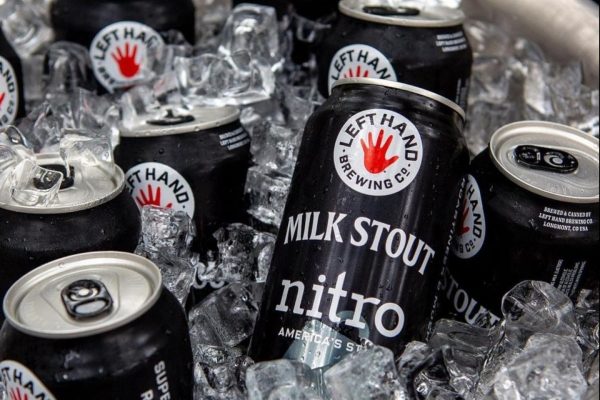
Left Hand Milk Stout Clone
To brew the Left Hand Milk Stout clone, mash at 151°F (66°C) for 90 minutes. Boil for 90 minutes, following hop schedule. Add lactose 15 minutes before end of boil. Ferment at 70°F (21°C), then condition in…
Peruse pairings, learn how to make beer, cider, mead, kombucha, and other alternative fermentations, get DIY tutorials, and much more in our archives.


To brew the Left Hand Milk Stout clone, mash at 151°F (66°C) for 90 minutes. Boil for 90 minutes, following hop schedule. Add lactose 15 minutes before end of boil. Ferment at 70°F (21°C), then condition in…

Aimee Garlit is one of five Off-Centered Quality Technician at Dogfish Head Craft Brewery and holds a PhD in Microbiology and Immunology. She has been a homebrewer since 2008 and served on the American Homebrewers Association Governing Committee. We asked her…

beer has long been associated with various gods and godly figures in cultures throughout the known history of humankind.
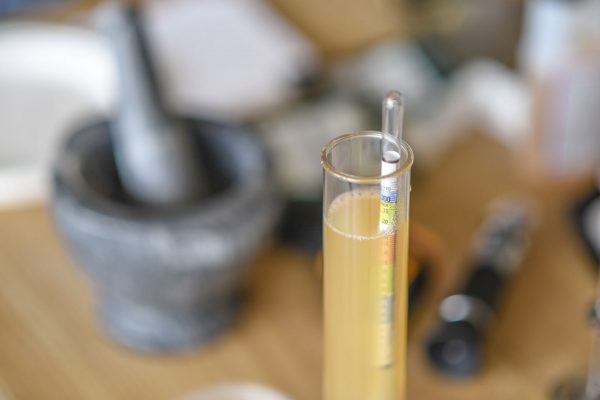
You’ve attended plenty of cocktail parties, holiday parties and big bashes that you might feel it's your turn to host something great—something different. You don't want to break the bank, but you want to serve your guests what you like to drink—something…
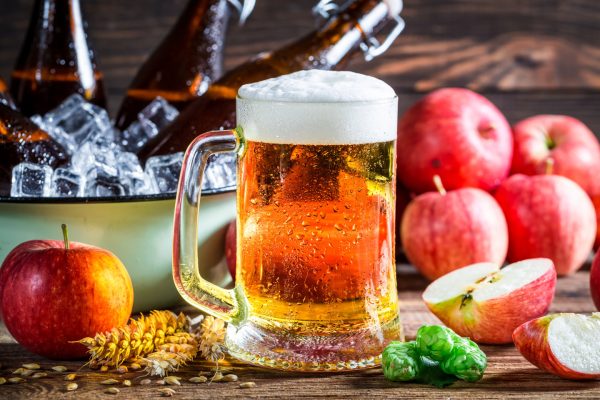

From Stone Brewing Co.: Every year, dozens of local homebrewers bring their “A” games to our AHA Rally & Homebrew Competition with their sights set on the prize: the opportunity to brew their beer on our 120-barrel brewhouse, and see it…
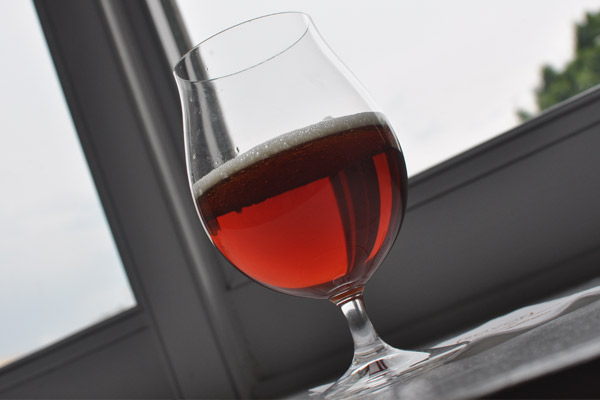
DothanEagle.com recently published a story highlighting local Alabaman homebrewers' passion for brewing mead and beer recipes with historical significance. It was the discovery of the stories behind different styles of fermented beverages that sparked interest in how to brew beer…

"The club keeps the grassroots feel that it had in the beginning. It takes a no-frills, apolitical, educational, fun approach to beer." For 25 years, the Society of Northeast Ohio Brewers (S.N.O.B.) homebrew club has been bringing Cleveland,…
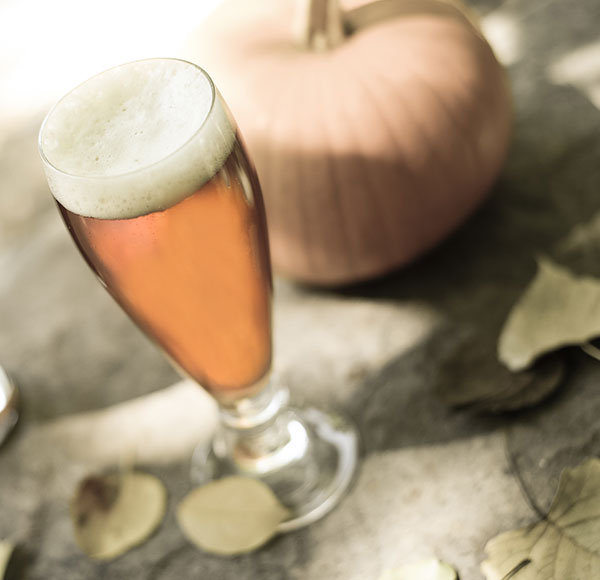
Love 'em or hate 'em, pumpkin beer is here to stay, and the American Homebrewers Association is your guide to learn how to brew great pumpkin beer at home. Your next pumpkin-filled creation will convert even the most adamant nay-sayers…

The Great American Beer Festival (GABF) Pro-Am competition pairs teams of home and commercial brewers together in a competition that brings homebrew recipes to the masses. This year, the 2015 GABF Pro-Am competition had 92 entries from professoional-amateur collaborations…
Share Post